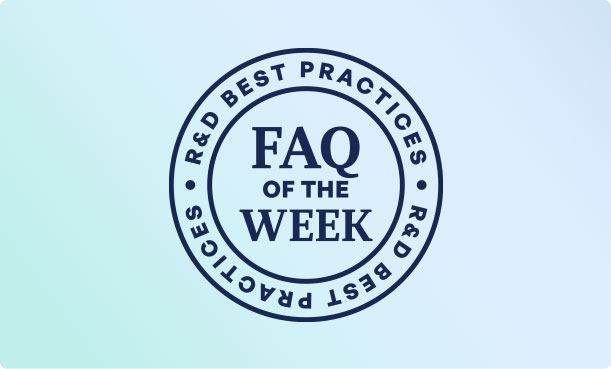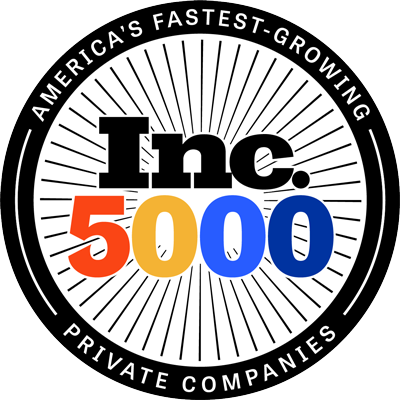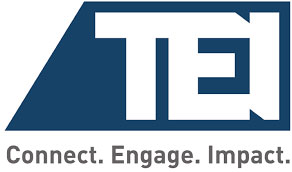MASSIE answers:
Generally speaking, qualifying activities for the R&D credit are those that are innovative in nature and further develop or improve a product or process. Qualifying activities for software are no different! Below are some examples of qualifying and non-qualifying activities that might apply to software products or processes.
Software – Qualifying Activities
- Technical discussions or meetings to advance new features, product development, or other product/feature improvements
- Design for new or improved products, features, tools, or algorithms
- Development of functional or technical specifications, use requirements, proof of concept, calculations, modelling, analytics, etc.
- Coding and testing for development (e.g., proof of concept, prototypes, etc.)
- Direct supervision of US based employees performing activities listed above
- Direct support of activities listed above (i.e., providing input as to functional or technical specifications, test plans, design roadmap, use scenarios, and requirements definitions)
Software – Non-Qualifying Activities
- Customer technical support or helpdesk
- Post-release bug-fixes, detecting flaws, and maintenance
- Software application configuration
- Performing studies to select vendor products
- Modifying existing software to meet standards or be compliant
- Upgrading to newer versions of hardware or software, or installing vendor fix releases
- Re-hosting or porting an application to new hardware or software platform, or rewriting existing application to new language
- Writing hardware device drivers
- Data quality, data cleansing, and data consistency activities
- Bundling software into product suites
- Migration of customers from one software product to another
- Designing Graphical User Interfaces (“GUI”) – focus is more cosmetic (where data items and graphics should be displayed on screen), and does not involve software development uncertainty
- Development of software utility programs, such as debuggers, backup systems, performance analyzers and data recovery (although, there can be exceptions)
- Time spent working outside the US
- Other non-R&D related matters (e.g., HR, management, budgeting, marketing, customer relations, training, 2nd level and above management, etc.)
Please contact the MASSIE team if you want to discuss this topic further or require assistance with your calculations.
Disclaimer: The information on this website is for general information purposes only. Nothing on this site should be taken as legal advice for any individual case or situation.





